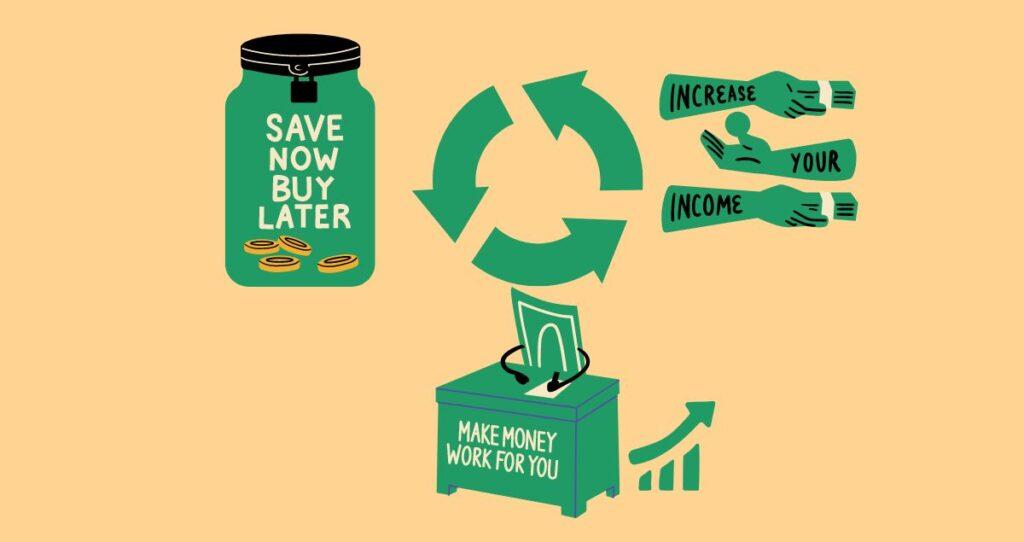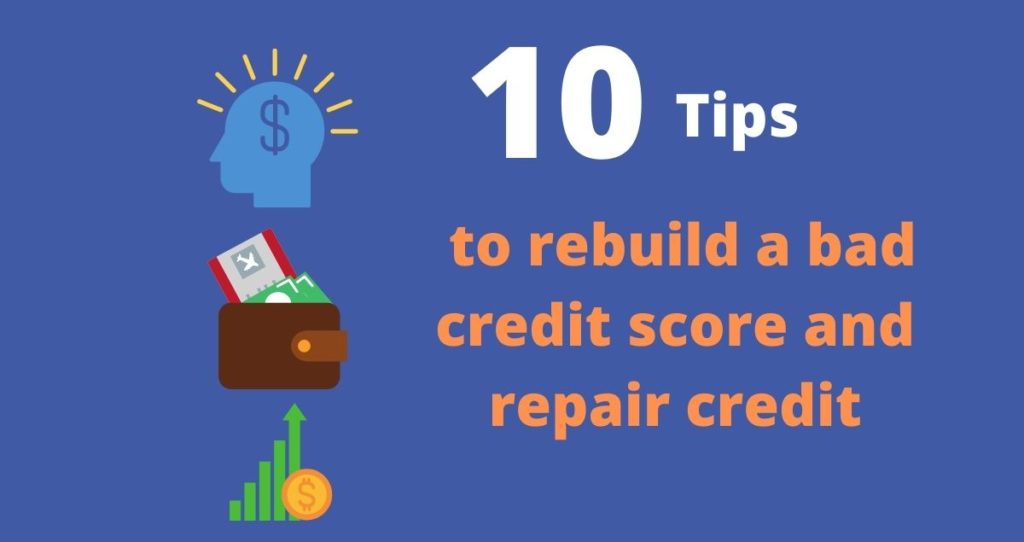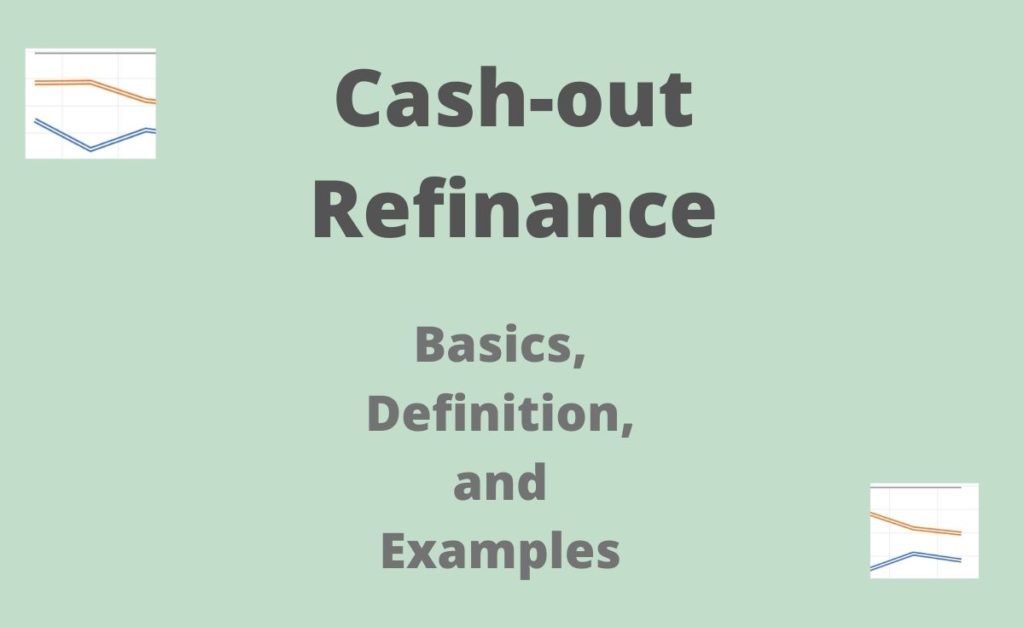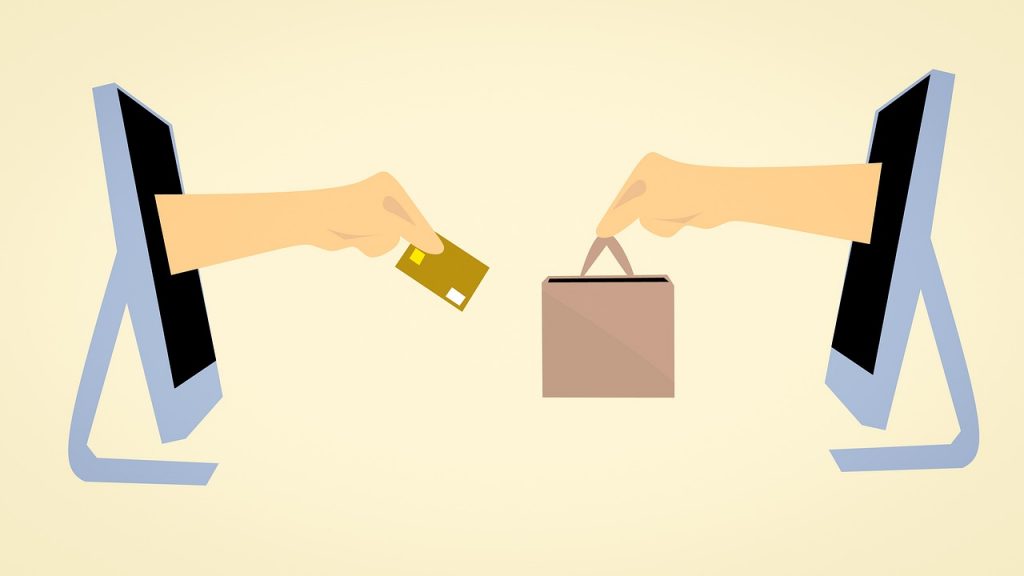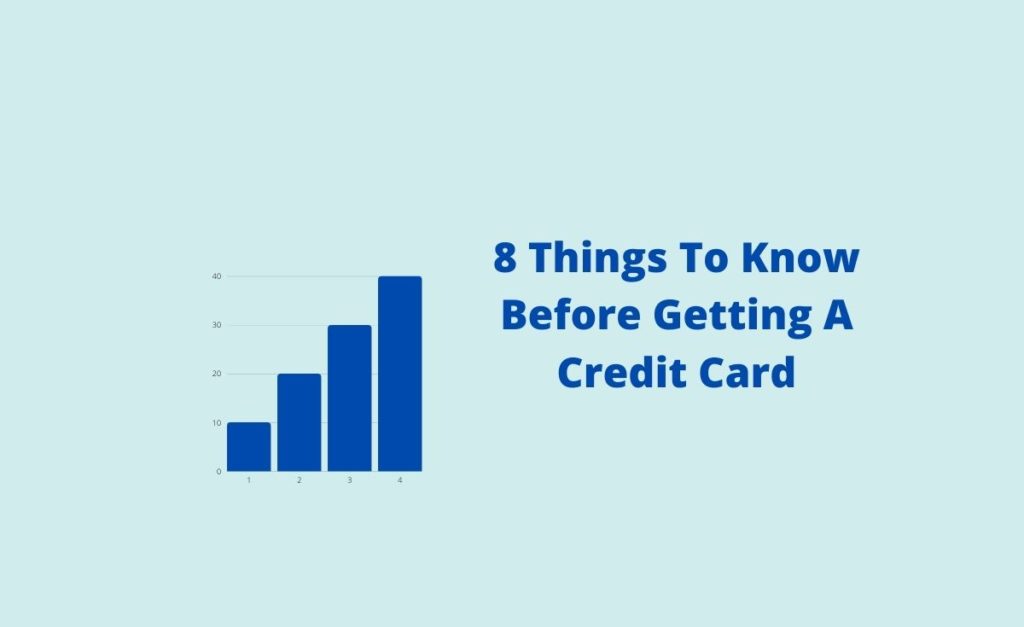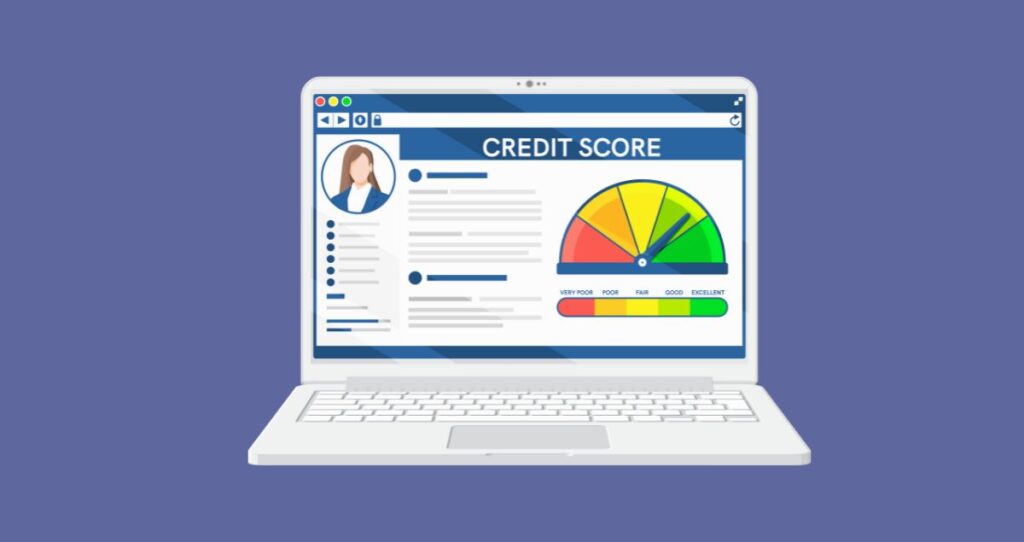Have you ever wondered what goes into your credit report and how it affects your financial future? It can be difficult to understand what your credit report is, how it works, and how to maintain a good credit score. This guide will provide you with a comprehensive look at what a credit report is, how to read it, and how to take control of your credit score. With this knowledge, you can make smarter financial decisions and secure a better financial future.
A credit report is a statement that tells moneylenders about your credit activities in the past and current credit accounts. Lenders use your credit report together with your credit score to assess how risky it is to lend you money.
What is included in a credit report?
Your credit report will have all activities related to your credit accounts.
In other words, the report will include how many credit accounts you have, your bankruptcies, current credit, your payment behaviors, etc.
The following is a list of some of the elements you can find on your credit report.
- Your payment history
- Late payments
- Missed payments
- Your employers
- Businesses that had your report
- Loans, credits, or mortgages you applied for in the past
- Businesses that gave you those credits
- How much each credit is worth
- Number of accounts and credit limits
- Your credit usage history
- Credit ages
- Bankruptcies
- Accounts collectibles if any
- Foreclosures
- Other debts
How is my credit report calculated?

Businesses that you interacted with in the past such as your bank and moneylenders will report your activities to credit reporting companies.
The credit reporting companies will then put all information they received about you and compile a report. This report will be your credit report.
What is a credit score and how it is calculated?
A credit score is a number that ranges from 300-850 which summarizes how likely you are to pay off all your bills/loans on time.
Credit reporting companies will put information from your credit report into mathematical formulas to calculate your credit score.
According to Wells Fargo, your information will be grouped into five categories that will be used to calculate your credit score. These categories will be assigned weights during the calculation of your credit score.
The following are five categories and their associated weights used when calculating your credit score.
| Rank | Factor | Weight in % |
| 1 | Payment History | 35% |
| 2 | Credit Usage | 30% |
| 3 | Age of credit | 15% |
| 4 | Number of open credit accounts | 10% |
| 5 | Inquiries | 10% |
From the table above, you can see that your payment history and credit use make up 65% of your credit score calculation. This is because moneylenders always want to know if you will be able to pay them back and whether or not you use credit responsibly.
According to myFICO, credit scores are calculated differently from one person to another. For example, this difference can come from track records, payment history, age of credits, etc.
Related posts 1: Factors that credit scores are based on
Related post 2: Credit score chart
Why is my credit score not the same from different reporting companies?
Your credit score will not be the same across all reporting bureaus due to some of the following reasons.
- Some businesses do not submit your credit information to all reporting bureaus. This will cause irregularities in your report which will affect your score in the end. That is if a business did not submit your information to a reporting company, the score you will get will be better or worse based on the information that was not submitted.
- Reporting companies do not have similar scales
- Last but not least, reporting companies have different mathematical algorithms they use when calculating credit scores.
What are the major credit reporting companies?
There are three major credit reporting companies, according to the Consumer Financial Protection Bureau. These consumers are depicted below.
How do I get a copy of my credit report?
According to the Federal Trade Commission (FTC), every person is entitled to a free credit report once every 12 months.
The consumers can get a free copy of their credit report from each one of the three major reporting companies (Equifax, Experian, TransUnion).
You must use the following methods to get your report.
- Annualcreditreport.com: This is the only website authorized to provide free credit reports, according to FTC.
- Call the following number: 1-877-322-8228
Whether you are calling or using an online system, you must verify your identity.
The following are some of the questions you must be prepared to answer for identity verification.
- Full Name
- Date of birth
- An address
- Social Security Number (SSN)
What are the common errors in credit reports?

Errors on your credit report can be grouped into 4 major categories which are the following.
- Balance Errors: These errors can be related to the wrong credit limit or incorrect account balance.
- Reporting of accounts errors: These errors can include duplicated debts, accounts reported as open or closed whereas they are not, authorized users reported as owners, messed-up dates, etc.
- Identity errors: These could be wrong personal identity information, name confliction with individuals who have similar names, or identify theft.
- Data management errors: These errors could be duplicated accounts on different creditors or outdated information that was used whereas there is an updated one.
Can I dispute errors in my credit report?
There are times when you may not agree with the information reported in your credit report.
You have the legal right to dispute anything you found in your report that you do not agree with. The following could be some of the reasons you will need to dispute the information in your report.
- There are errors in the reports such as mixed credit files, personal information, account information, etc
- There is inaccurate information that businesses reported about you
- Maybe the reported information is not complete
- There is something that does not make sense in the report
- Fraud information or identity theft.
How do I dispute errors in my credit report?
If you decided to dispute inaccurate information or errors in your credit report; it is important to contact the business that provided your information to the reporting company and the reporting company.
You can dispute errors in your report by using two ways.
- The company or business that provided your information to the credit reporting company. For this method, you will need to write a letter to the furnisher (the business that provided your information to the reporting company) explaining why you think there is a mistake in the information provided to the credit reporting company. Please, use the following instructions provided by the consumer Financial Protection Bureau when preparing your letter.
- Your credit reporting company. The following are links and addresses you can use when disputing errors to credit reporting companies.
Disputing errors at your credit reporting companies
| Company | Online | By mail | Phone |
| TransUnion | Use this link | Dispute form: FORM Address: TransUnion LLC Consumer Dispute Center P.O. Box 2000 Chester, PA 19016 |
(800) 916-8800 |
| Equifax | Use this link | Address: Equifax Information Services LLC P.O. Box 740256 Atlanta, GA 30348 |
(866) 349-5191 |
| Experian | Use this link | Dispute form: FORM Address: Experian P.O. Box 4500 Allen, TX 75013 |
(888) 397-3742 |
When disputing errors in your report, there will be information needed to make the process much easier and faster.
The following is some of the information you need to submit in your dispute letter, according to CFPB
- Full contact information
- Your credit report confirmation number
- A detailed reason for the dispute
- The nature of your dispute. You will need to clarify whether you want the information to be corrected or removed from your report.
- Accompanying the letter with a copy of the report that includes errors
- Explain each error(s)
NOTE 1: Please, follow specific information and instructions from each reporting company you want to dispute to. Their instruction, address, and requirements may change over time.
NOTE 2: Your report may have specific instructions on how to dispute errors in it. The phone number, address, or forms may be different. Please, follow the instructions (if any) from your credit report.
What happens after I dispute errors in my credit report?
After disputing errors in your credit report, all involved parties will go to work.
Your credit reporting company (Equifax, Experian, TransUnion) will contact the businesses (banks, money lenders, credit card providers, etc) about the dispute.
The furnisher must go back and double-check to see if the information they submitted is correct and report back to the credit reporting company.
Your credit reporting company will then update all information in your report and give you updates on your dispute.
The time it takes to correct errors in your report is different from one credit reporting company to another.
The speed of this process will depend on how fast and efficient businesses work together to resolve the issue.
According to Experian, it can take up to 30 days to complete your dispute process.

